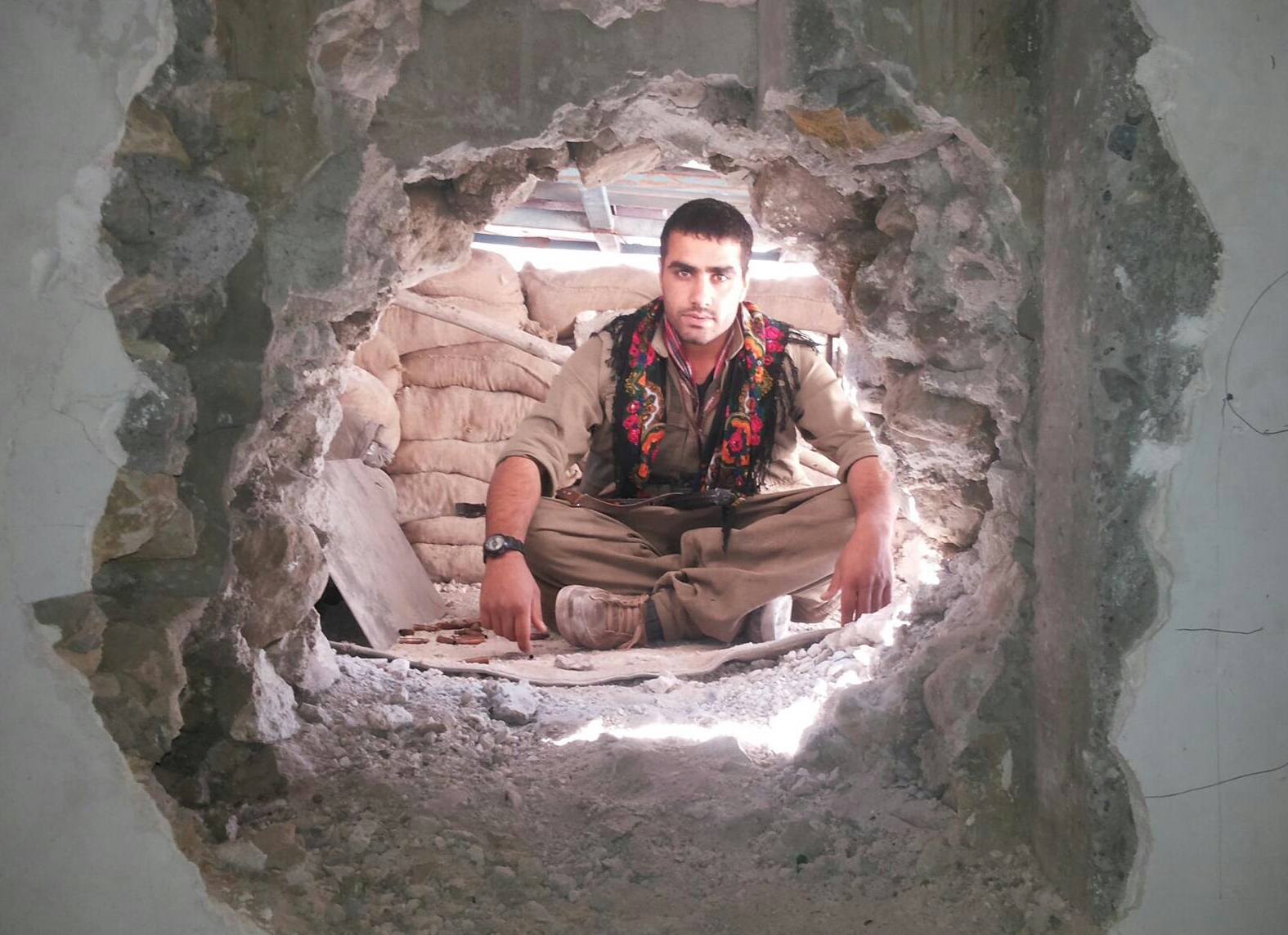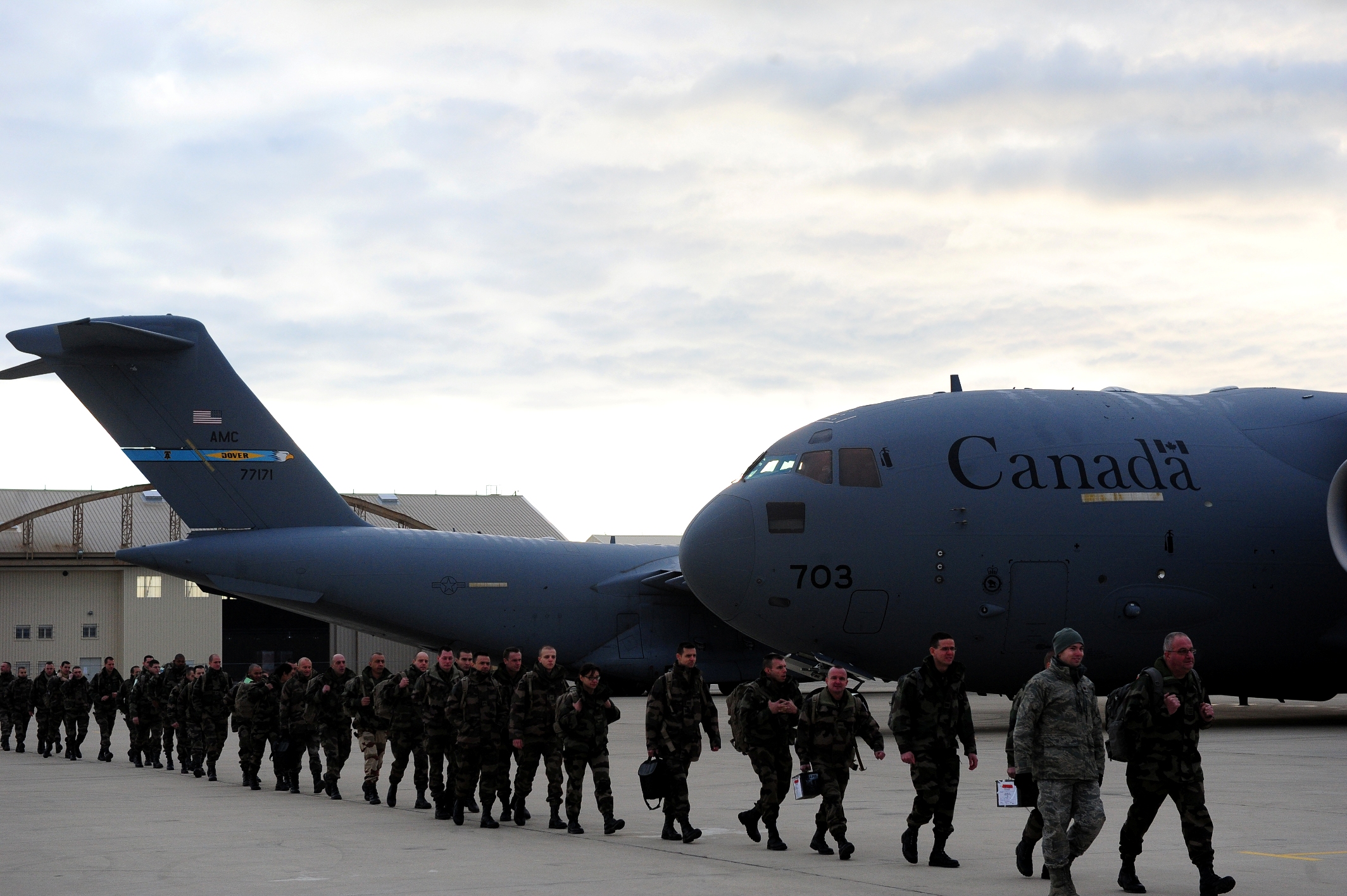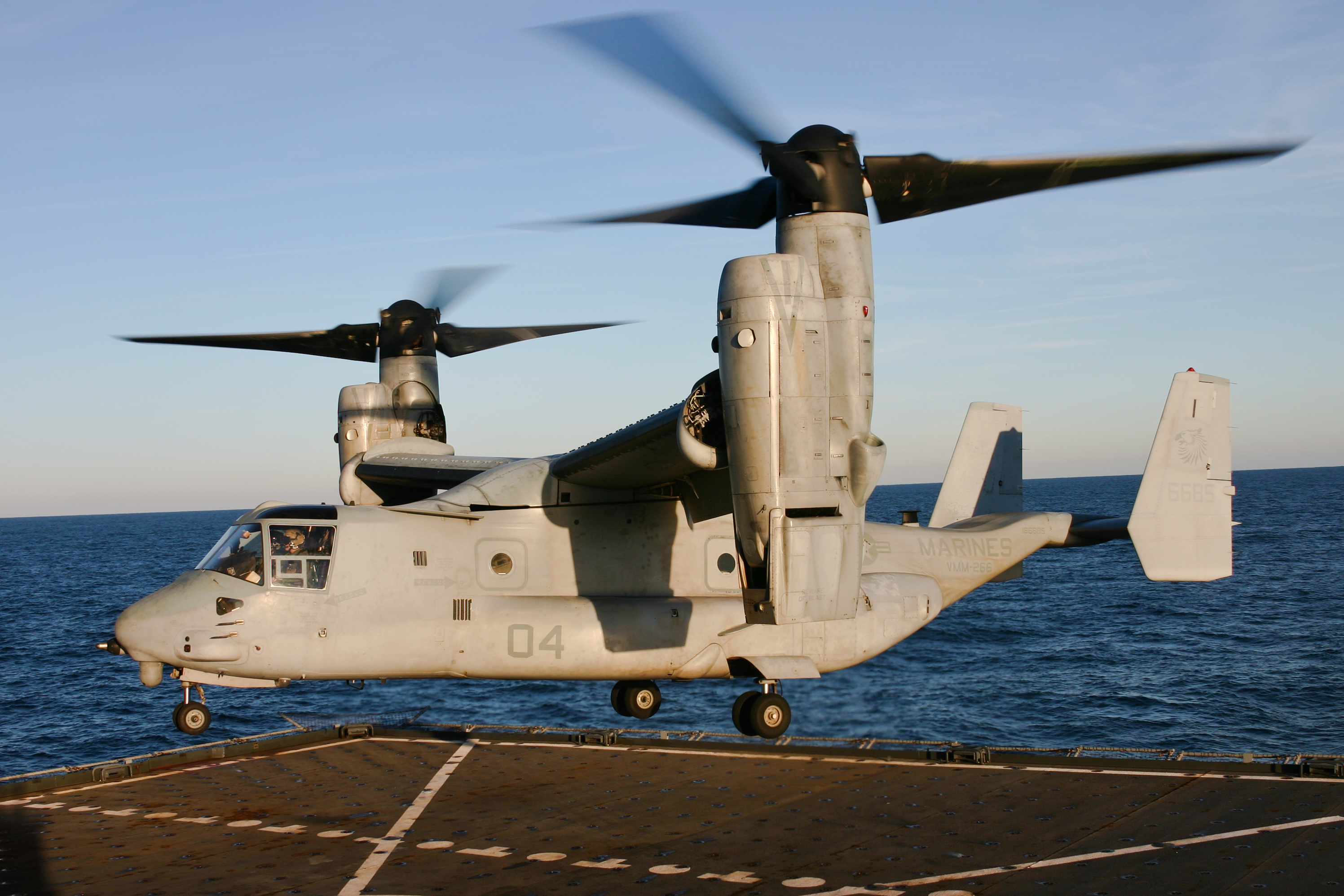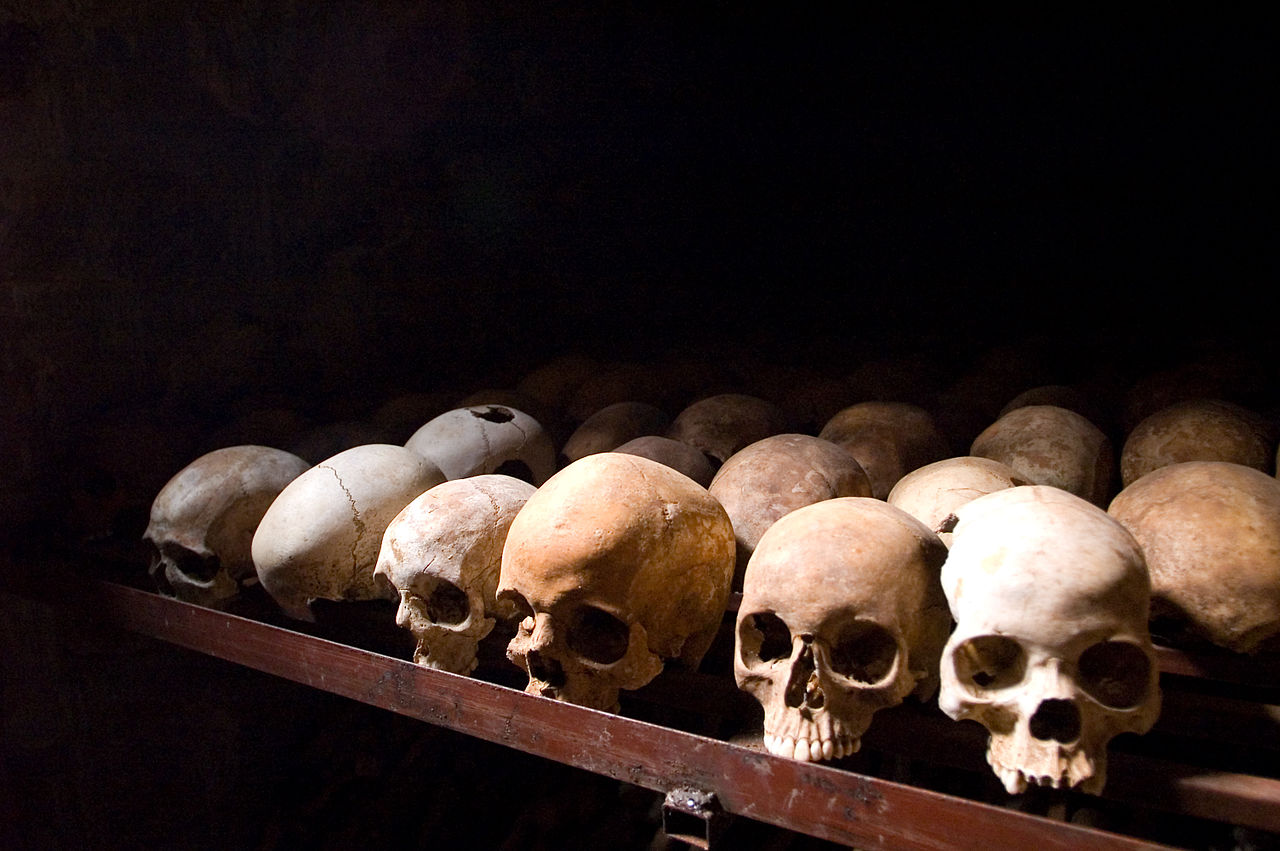The Kurdistan Region of Iraq (KRI) is under overwhelming pressure from a trifecta of crises, which threaten to collapse the region. The security threat posed by ISIS and the resulting crisis of refugees and internally displaced peoples (IDPs), are meticulously analyzed in the media. However, what is discussed with considerably less frequency is the Kurdistan Regional Government’s (KRG) financial crisis. The concentration on the two former crises can presumably be explained by the fact that they are disasters that directly affect the entire region and Europe.
While the KRG’s financial crisis is not a direct threat to any Western nation, it is an impending threat to the survival of KRI. At a recent presentation in Washington, D.C., KRG’s Deputy Prime Minister Qubad Talabani stated that “the existential threat to Kurdistan is not a war with ISIS, nor the stress of housing 1.8 million internally displaced Iraqis and Syrian refugees, or even the political turmoil facing the country today. The existential threat facing Kurdistan today is the state of our economy”. The collapse of KRI would mark a devastating breaking point in the war against ISIS, which would necessitate a major Western intervention.
In January 2015, the World Bank Group, at the behest of KRG’s Prime Minister Nechervan Barzani, produced an exhaustive report on the economic and social implications of the Syrian conflict and ISIS in the KRI. The report reveals the effects of the decision by the Iraqi Central Government (ICG) to cancel the fiscal transfers to KRG in early 2014. In accordance with Iraqi Budget Law, 17% of the ICG’s annual budget goes to KRI; after 5% is repaid for sovereign expenses, the KRG is left with 12%. This 12% amounts to slightly more than 12 billion USD which is to be paid out in monthly instalments and accounts for 80% of the KRG’s annual budget revenues and almost 50% of their GDP. This is a debilitating percentage of resources for any government to unexpectedly lose.
According to the World Bank report, “external and domestic borrowing by the Ministry of Natural Resources avoided a total collapse of the economy.” In 2014, the Ministry of Natural Resources took on the government’s wage and salary responsibilities by borrowing $1.5 billion from domestic companies and an additional $1.5 billion from foreign companies. The Ministry was also selling future oil production to fund immediate needs. By January 2015, this substantial borrowing had increased KRI’s national debt from zero to 12% of GDP. This is an unsustainable rate of debt acquisition, which will greatly impede KRI’s recovery from the financial crisis. Recent reports indicate that as of April 2016, the KRG is still operating with a $100 million a month deficit. This is down from $400 million a month after significant austerity measures were introduced.
It is with the burden of this fiscal crisis that KRG has been coping with the threat of ISIS and the refugee and IDP emergency. To contextualise the magnitude of the latter, consider that the refugees and IDPs being hosted in KRI constitute approximately a 30% population increase. This is a major population influx for any region to cope with, let alone a region with a tiny domestic population of 5.2 million people. This issue is exacerbated by the fact that KRG offers many free public services to refugees and displaced peoples, such as healthcare.
The provision of healthcare for an additional 1.8 million people, many of whom are malnourished, injured, or traumatized, is a substantial encumbrance for a healthcare system calibrated to accommodate 5.2 million healthy people. Not only is the KRG accommodating these additional people, but they must do so on a substantially condensed budget. In 2014, the KRG Ministry of Health’s budget was $179.9 million; a paltry 21.1% of the expected $852.7 million.
The Peshmerga have also been greatly afflicted by the budget crisis. Deputy Prime Minister Talabani stated that the KRG needs $100 million a month to continue fighting ISIS. The KRG is defending a 650-mile frontline with tens of thousands Peshmerga soldiers which it cannot afford to pay. The Peshmerga are a vital element in the fight against ISIS and according to U.S Secretary of Defence Ash Carter, they represent a key component to any hope of a sustainable victory. The importance of the Peshmerga in the fight against ISIS is demonstrated through the commitment of many Western nations to supply, train, and provide aerial support to the Peshmerga. This training and support has substituted for a Western military ground combat mission. In addition to the training and supplies, the United States Department of Defence announced that it will allocate $415 million to the Peshmerga over several monthly payments. This is a much needed, albeit short-term, relief.
The KRG and the Peshmerga are the West’s most significant ally in the fight against ISIS. KRI is also making an invaluable contribution to the humanitarian crisis by sheltering a proportionally greater number of refugees and displaced peoples than any other country. If the KRG’s financial crisis causes the government to collapse, the repercussions will likely include the increase of millions of IDPs and refugees, hundreds of thousands of additional deaths and the forfeiture of much of Northern Iraq to ISIS. These events would demand a major Western intervention to defeat ISIS.
As it stands, defeating ISIS without a substantial Western military presence hinges on the continued operation of the Peshmerga and the KRG. With this in mind, the KRG financial crisis is an existential threat to the KRI as well as the objectives of the West to defeat ISIS and stop the refugee and IDP crisis.
Photo courtesy of Kurdishstruggle (Flickr).
Disclaimer: Any views or opinions expressed in articles are solely those of the authors and do not necessarily represent the views of the NATO Association of Canada.




